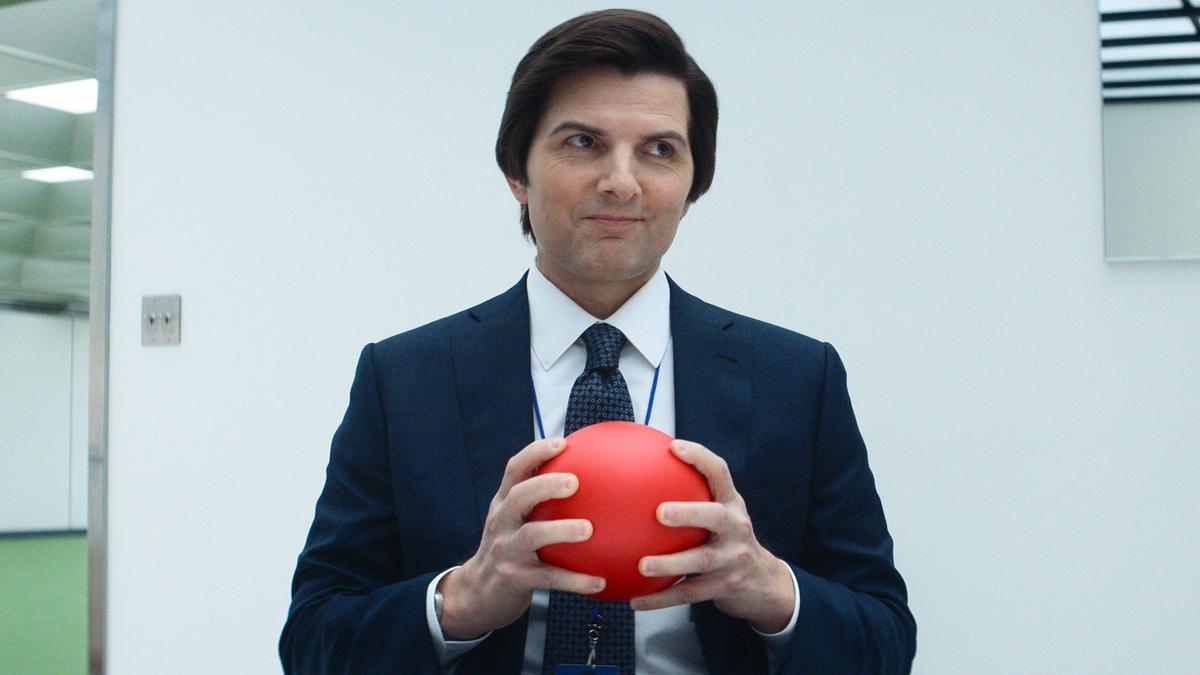
A sports drama that had the potential to narrate a heartening story succumbs to a lethargic narrative in Taika Waititi’s latest cinematic endeavor, ‘Next Goal Wins.’ Adapted from a documentary bearing the same title, Waititi’s screenplay falls short, failing to harness the depth of American Samoa’s football team’s aspirations as they aim for World Cup qualification under the guidance of a Dutch coach. The film is less of a tribute to the human spirit and more of an illustration of a writer’s disregard for the potential richness of the story presented to him.
Set against the backdrop of 2011, ‘Next Goal Wins’ brings to the screen the formidable challenge faced by Thomas Rongen (portrayed by Michael Fassbender), a Dutch-American coach tasked with the seemingly insurmountable task of revitalizing what is labeled as the world’s worst football team: the national team of American Samoa. But as soon as Rongen steps foot on the island, the narrative starts to pick apart the problematic trope of the ‘white savior’ with little introspection or understanding of the team members or their cultural background.
The movie quickly reveals an apparent disconnection between Rongen and his team. He initially views the players with a dismissive air, your typical ‘losers,’ a sentiment that unfortunately echoes throughout the film’s script itself. A poignant moment is lost when the team pauses mid-training to join in prayer and Rongen abruptly exits to resign, leading to a pivotal dialogue with Federation president Tavita (Oscar Kightely) who asserts the importance of their customs, yet the film unfortunately fails to flesh out the significance of such customs and their entwinement with the team’s journey.
Reminders of the team’s past, including a 31-0 loss to Australia in 2001, surface yet these serve as mere footnotes rather than pivotal emotional milestones. In what could have been a stirring reminder of perseverance, Tavita’s hope of finally seeing his team score in a match, the team’s very motivations, are sidelined in favor of a focus that rarely deviates from Rongen’s perspective.
Contrast this approach with the structure of other successful underdog sports stories, where personal stories of the players fashion a tapestry of passion that drives the narrative. Here, the American Samoa team’s historical win against Tonga after Rongen’s coaching is depicted, but it fails to rouse the audience due to the lack of investment in the team’s personal triumphs. Kaimana’s portrayal of Jaiyah Saelua, the groundbreaking transgender player in World Cup Qualifying, is the only attempt the film makes at character exploration, yet feels inadequate and tokenistic.
The film endeavors for comedy with occasional quips about the indigenous culture but often settles for awkwardness instead of wit. Any instances of emotional resonance the film manages to muster come not from the script itself, but from the story’s inherent potential.
‘Next Goal Wins’ falls into a trap of its own making, where it seems more interested in documenting the personal growth of its coach than fleshing out the stories of the people it claims to represent. It stands as an example of a story that had everything it needed to succeed but ultimately let its characters down, yielding a portrayal that neither champions their struggle nor manages to capture the truest expressions of their dreams and hopes.
The film is currently showing in theaters, but whether it will score with audiences is a different matter entirely. Sports films have the power to inspire and motivate; to connect on a human level that transcends the boundaries of the playing field. Unfortunately, ‘Next Goal Wins’ misses the mark, leaving behind a potential legacy and settling instead for a portrayal that echoes the sound of a ball kicked without ever finding the net.










